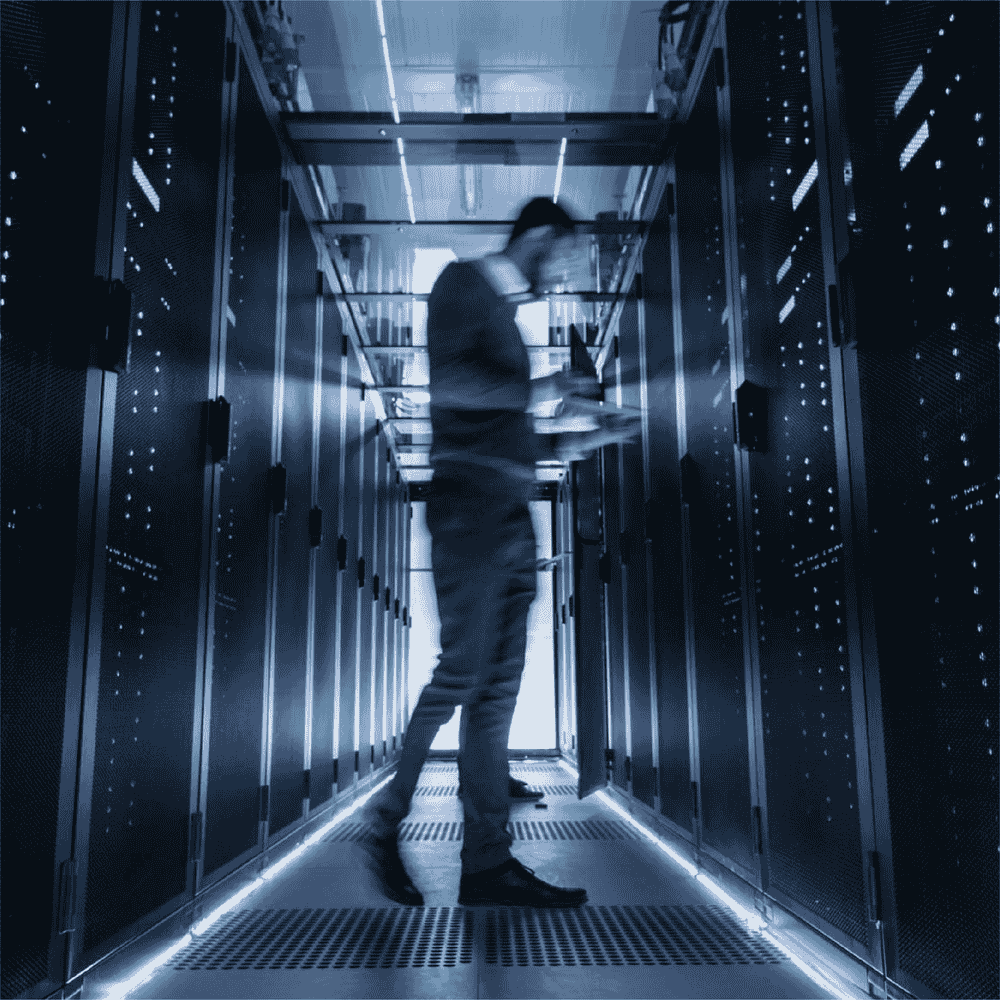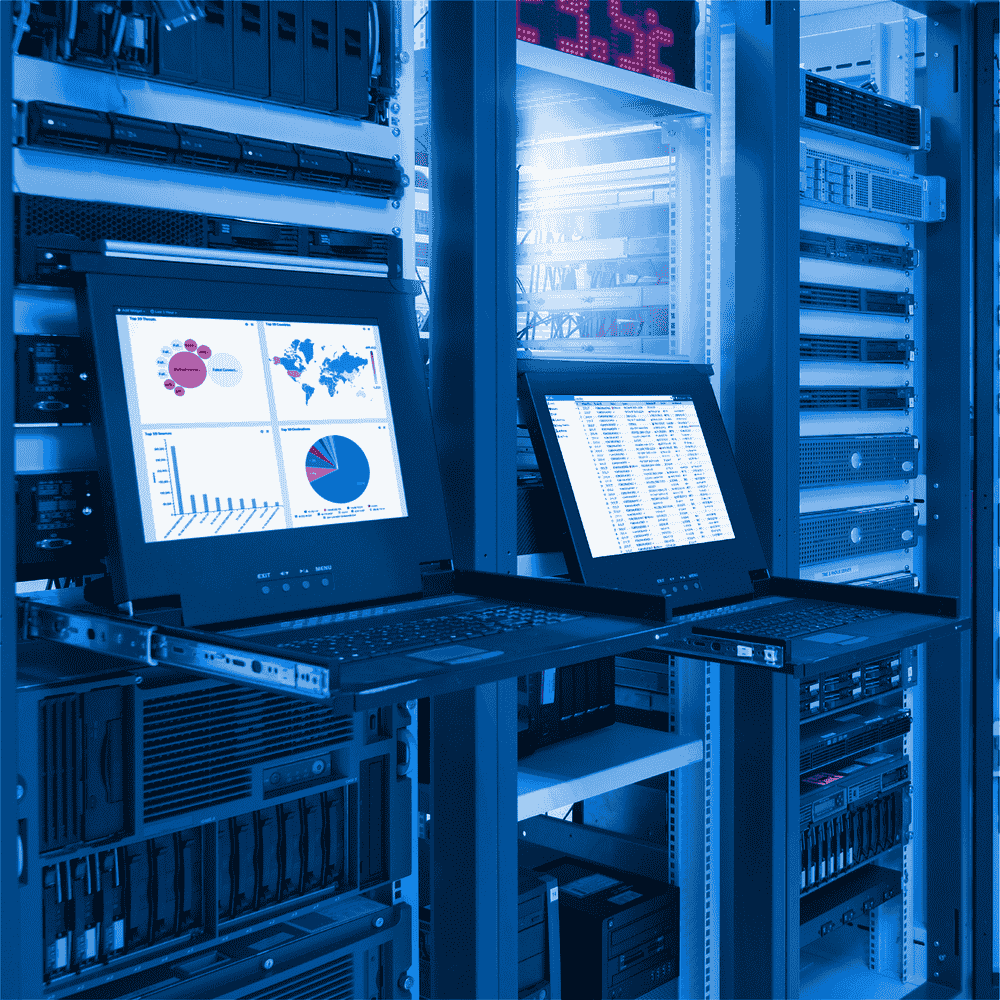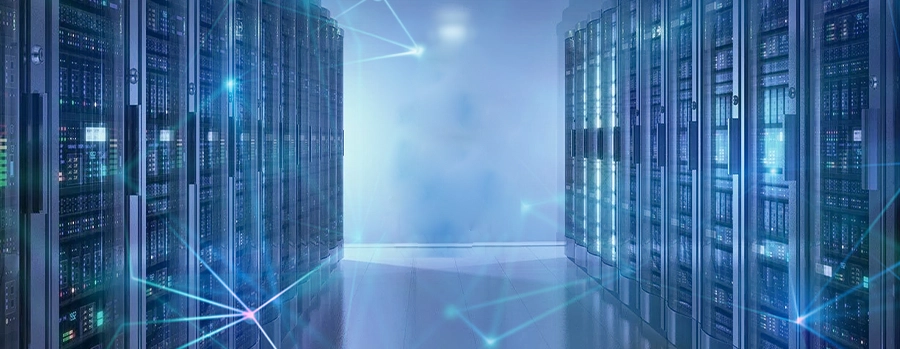How to Choose the Right Data Center?
In the digital era, businesses rely on data centers to ensure secure, fast, and efficient data management. From cloud computing and AI-driven applications to big data analytics and IoT, companies need a reliable and scalable IT infrastructure to stay competitive. However, choosing the right data center is a strategic decision that impacts business growth, security, operational costs, and overall efficiency. So, what factors should you consider when selecting the ideal data center for your business?
Here’s a comprehensive guide to help you make the right choice.
Location
The location of a data center is a critical factor that directly impacts the performance and security of your business.
Latency: Proximity to your users or systems ensures faster data transmission, which is crucial for sectors like e-commerce, finance, and media where low latency is essential.
Natural Disaster Risk: Choose data centers located in areas with low risk of natural disasters like earthquakes, floods, or hurricanes. Such locations ensure uninterrupted operations and minimal downtime.
Accessibility: Opt for a data center that is physically accessible and located near your business operations. This simplifies troubleshooting and allows for faster responses when on-site access is necessary.
Security
Data security is one of the most vital considerations when selecting a data center. It’s crucial to ensure the facility can securely store and protect your business data from unauthorized access.
Physical Security: The data center should have robust measures such as biometric access controls, 24/7 surveillance, high-security entry systems, and environmental monitoring to safeguard physical assets.
Cybersecurity: Advanced cybersecurity protocols like encryption, DDoS protection, firewalls, and intrusion detection are essential to protect your data from digital threats.
Uptime Guarantee: Select a data center that offers an uptime guarantee of 99.9% or higher, ensuring constant availability of your services and minimizing downtime risks.
Energy Efficiency and Sustainability
Energy efficiency and sustainability are increasingly important considerations for businesses looking to reduce costs and their environmental footprint.
Energy Efficiency: Data centers with energy-efficient equipment, modern cooling technologies, and energy management systems can significantly lower operational costs.
Renewable Energy Use: Data centers powered by renewable energy sources, such as solar or wind energy, align with environmentally friendly practices and reduce carbon footprints.
Scalability and Flexibility
A data center should accommodate your business’s current needs and provide the flexibility to scale as your business grows.
Capacity Expansion: The ability to increase storage, bandwidth, and processing power as needed ensures the data center remains suitable for your business’s long-term growth.
Cloud Integration: Data centers with hybrid cloud solutions allow seamless integration with cloud services, offering flexibility and convenience for data storage and processing.
Cost
While cost is a key factor in choosing a data center, it’s important to evaluate the quality of services offered and their long-term benefits.
Comprehensive Pricing: Look for transparent pricing structures that account for capacity, bandwidth, energy consumption, and additional services. Fixed and flexible pricing models help in managing costs effectively.
Total Cost of Ownership (TCO): Consider energy efficiency, uptime reliability, and scalability when calculating the total cost of ownership. Long-term benefits can outweigh initial costs, offering better value for your investment.
Redundancy and Disaster Recovery
Redundancy and disaster recovery solutions are essential for ensuring business continuity in the event of unexpected disruptions.
Redundancy: Choose a data center with redundant hardware, energy, and network systems to prevent data loss and maintain operations in case of component failures.
Disaster Recovery Plans: Ensure the data center provides robust disaster recovery services, including regular testing of backup and recovery processes. This minimizes the impact of data loss or system failures on your business.
Conclusion
Selecting the right data center is critical for the success of your business and the security of your data. By considering key factors such as location, security, energy efficiency, scalability, cost, and disaster recovery, you can identify the best data center solution for your needs. A well-chosen data center not only safeguards your data but also supports your business’s growth and operational efficiency in the long term.






